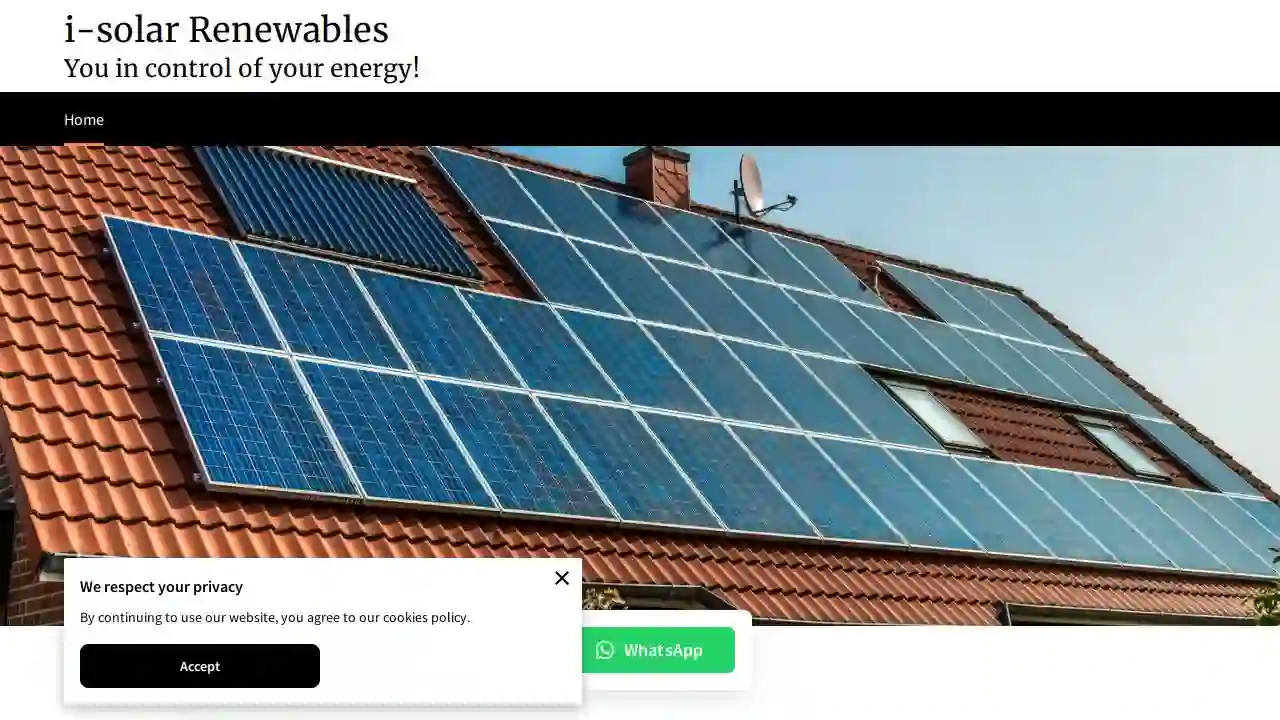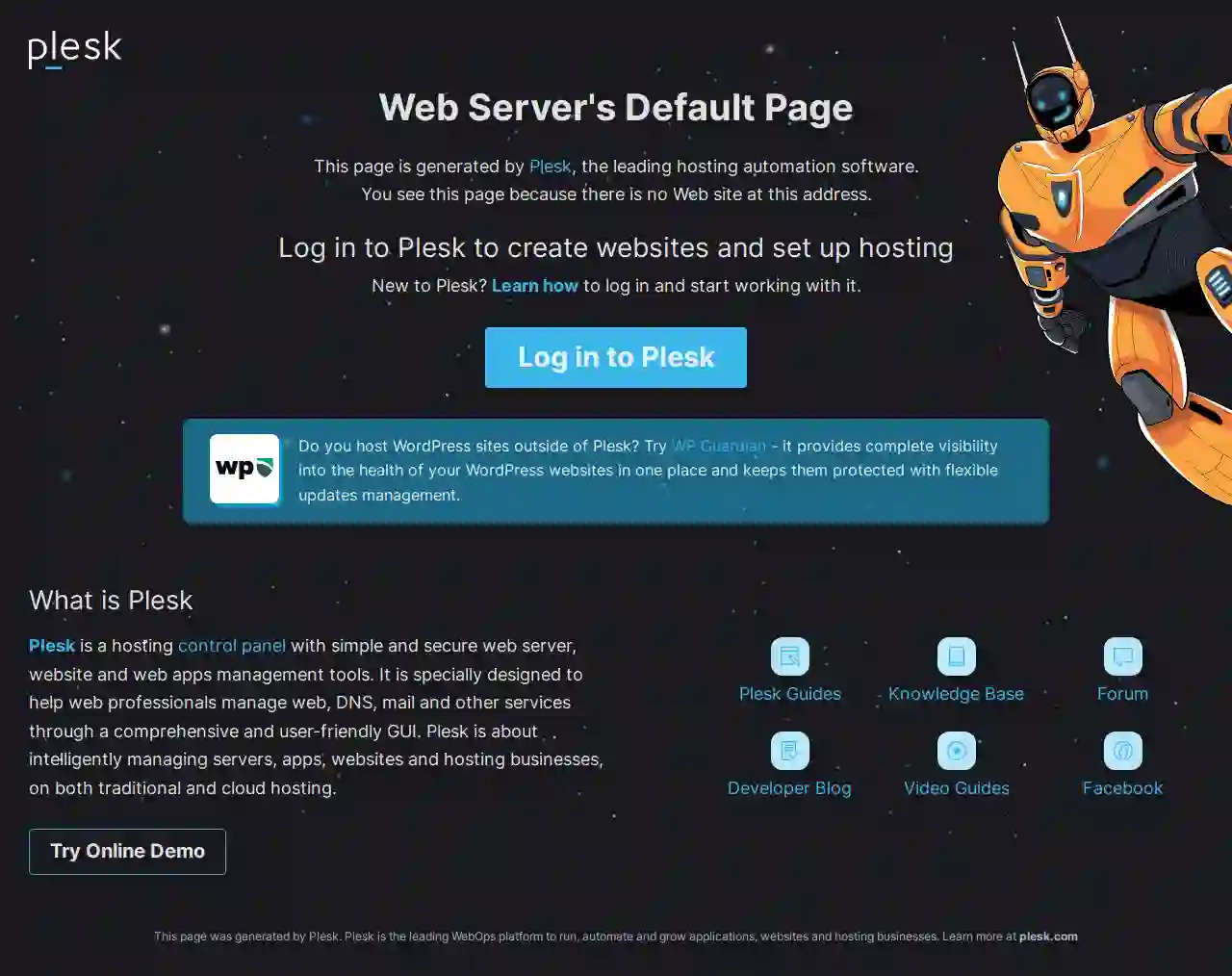Solar Installers Stratton Saint Margaret
Best Solar Panel Installation Near Me in Stratton Saint Margaret
Get up to 3 Solar Energy Company quotes for your project today! Compare profiles, reviews, accreditations, portfolio, etc... and choose the best offer.

Newtech Renewables
Unit 12, Isis Trading Estate, Stratton Rd, Swindon, SN1 2PG, GBNEWTECH RENEWABLES provides world class solar panels and renewable products to businesses throughout the U.K. Receive premium grade photovoltaic solar panels and renewable products in the U.K. at cost cutting wholesaler rates from the leading solar panel supplier in UK. Whether you require urgent technical solutions to keep your operations running seamlessly or elevate the efficiency of your existing systems, our dedicated distribution team is on standby to supply. We are the leading solar panel wholesalers and solar panel suppliers that provide innovative cutting-edge products, top-notch customer service, and a team of accredited & qualified engineers. Regarding timely orders, we can supply them to you from our British based warehouse in 24 hours. Our commitment to our customers is unrivalled from the presale, purchase and post sale. Whether you wish to call, email or chat with us, we’re there for you when you need us the most.
- Services
- Why Us?
- Gallery
Get Quote
Simply Solar UK
51 reviewsSwindon, GBPro-Creative is the amalgamation of WDP (Web Design People) and Printwave UK. Behind the scenes both companies have utilised each other’s skill sets for many years, it was a great business decision to merge together so there is no need to search the market for multiple suppliers. With Pro-Creative you get everything all under one roof. With both companies offering High end products in their respective industries, Pro-Creative now has the ability to service our customers for all their Marketing needs, ranging from small company websites to large Ecommerce sites along side SEO and social media campaigns. We offer a wide range of print supplies ranging from business cards to fully deigned products brochures. Meet The Team Leigh My passion in life has always been design. Once I graduated form University I began my career in design. Over the years I have worked with many companies on various projects ranging from small print to full company branding. I founded Printwave UK in 2014 and have been collaborating with WDP for many years. Kate I have been building websites for over 15 years and I have built up a good reputation, providing small to large sized businesses with a full range of Web Services including high quality Custom Website Design, Website Development and Google Tools. Whatever your business, I will help it to perform better just like i`ve done for all my customers.
- Services
- Why Us?
- Accreditations
- Our Team
- Gallery
Get Quote
i-solar Renewables
Swindon, GBAt i-Solar Renewables, we believe in conducting business with integrity. As a family-owned company, we treat all our clients like family, providing honest quotes, friendly customer service, and highly trained professionals who deliver the peace of mind you deserve when switching to green energy. We understand that choosing solar energy can be daunting, so we're here to guide you. Our team of experienced consultants has one goal: to ensure our customers have the best buying experience in the industry. We take pride in that. i-Solar Renewables partners only with the best installers who hold the necessary accreditations to carry out your installation. Don't miss out on the opportunity to make the switch. Register your interest by sending us a message, giving us a call, or using our LiveChat via WhatsApp. We'll be happy to help you make the right choice and ensure you're well looked after throughout the entire process. We provide a streamlined and efficient installation process for both individual customers and corporations. Our self-motivated and skilled specialists are dedicated to providing top-quality equipment in our renewable energy installations. This allows us to deliver exceptional work at a reasonable price, leaving our clients satisfied and confident in our work. We believe that everyone should have access to affordable and sustainable energy solutions. That's why we're committed to providing our customers with the most cost-effective solar solutions available. Our team of experts will work with you to design a solar panel system that meets your specific needs and budget. Customer satisfaction is at the heart of everything we do. Our team of professionals is highly trained to ensure that all our products and services are of the highest quality. We're dedicated to delivering an outstanding customer experience, from the initial consultation to the final installation and beyond. We provide regular updates on your project's progress and are always available to answer any questions or concerns you may have. At i-Solar Renewables, we understand that our success is built on the satisfaction of our customers. That's why we're committed to providing you with the highest level of customer service, ensuring you feel supported and informed throughout your journey. Contact us today to experience our exceptional customer service firsthand and start enjoying the benefits of solar power with confidence.
- Services
- Why Us?
Get Quote
Swindon Solar Centre
100-102 Cricklade Road, Unit 1, The Business Centre, Swindon, SN1 2PX, GB- Services
- Why Us?
- Accreditations
Get Quote
In Balance Energy (Swindon)
4.614 reviewsStratton Road, 2 Lotmead Cottages, Wanborough, SN4 0SN, GBWelcome to In Balance Energy, Solar PV System Design and Integration Specialists, Established 2007. Experts at diagnosing and repairing faults and cost effectively maintaining all things solar. Based in Swindon, our on-site solar service engineers can be called on to carry out any works related to solar PV in Central Southern England, including any related aspects involving roofing, construction or electrics, no job too big or too small. Solar Equipment Supplies for Trade, DIY and Retail, provided with exceptional support and training - Bespoke design and build services for off-grid, hybrid, larger and or more complex systems - We supply solar equipment including replacement inverters, batteries and mounting systems, to trade and self installers all over the UK.
- Services
- Why Us?
- Gallery
Get Quote- Pr
Premier Renewables Wiltshire
511 reviewsSwindon, GB- Services
- Why Us?
Get Quote 
Public Power Solutions LTD
3.910 reviewsSwindon, GB- Services
- Why Us?
Get Quote- Sw
Swindon Solar Panels
Swindon, GB- Services
- Why Us?
Get Quote - So
Solar Communications & Exhibitions
Swindon, GB- Services
- Why Us?
Get Quote - Ra
Rain Wind And Sun Co
51 reviewsSwindon, GB- Services
- Why Us?
Get Quote
Over 3,485+ Solar Installers on our directory
Our solar companies operate in Stratton Saint Margaret & beyond!
SolarCompaniesHub has curated and vetted Top Solar Contractors near Stratton Saint Margaret. Find a trustworthy contractor today.
Frequently Asked Questions About Solar Installers
- Tax Credits: Reduce your income tax liability based on the cost of your solar system.
- Rebates: Direct cash payments or discounts on the purchase of a solar energy system.
- Net Metering: Allows you to sell excess solar electricity back to the grid for credits.
- Renewable Energy Certificates (RECs): Tradeable credits representing the environmental attributes of your solar energy generation.
- Your current energy usage
- The size of your solar system
- Your local electricity rates
- The amount of sunlight your panels receive
- Available net metering policies
- String Inverters: Connect multiple panels in a series (a 'string'). A cost-effective option for simple systems, but a single panel issue can affect the entire string.
- Microinverters: Attach to each individual solar panel, maximizing energy production even if some panels are shaded. They are more expensive but offer greater efficiency and monitoring capabilities.
- Power Optimizers: Similar to microinverters, but less expensive. They optimize the output of each panel and provide individual panel monitoring, but a central inverter is still required.
- Hybrid Inverters: Combine a solar inverter with a battery charge controller, allowing for seamless integration of battery storage.
Are there any financial incentives for going solar?
How much can I save on my electricity bill with solar panels?
What are the different types of solar inverters?
Do I need to replace my roof before installing solar panels?
Are there any financial incentives for going solar?
- Tax Credits: Reduce your income tax liability based on the cost of your solar system.
- Rebates: Direct cash payments or discounts on the purchase of a solar energy system.
- Net Metering: Allows you to sell excess solar electricity back to the grid for credits.
- Renewable Energy Certificates (RECs): Tradeable credits representing the environmental attributes of your solar energy generation.
How much can I save on my electricity bill with solar panels?
- Your current energy usage
- The size of your solar system
- Your local electricity rates
- The amount of sunlight your panels receive
- Available net metering policies
What are the different types of solar inverters?
- String Inverters: Connect multiple panels in a series (a 'string'). A cost-effective option for simple systems, but a single panel issue can affect the entire string.
- Microinverters: Attach to each individual solar panel, maximizing energy production even if some panels are shaded. They are more expensive but offer greater efficiency and monitoring capabilities.
- Power Optimizers: Similar to microinverters, but less expensive. They optimize the output of each panel and provide individual panel monitoring, but a central inverter is still required.
- Hybrid Inverters: Combine a solar inverter with a battery charge controller, allowing for seamless integration of battery storage.